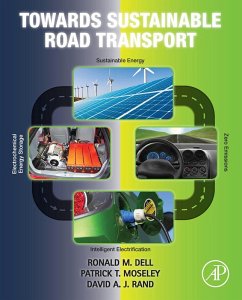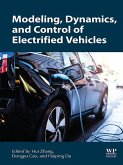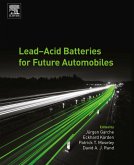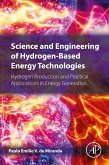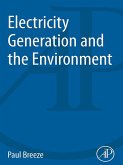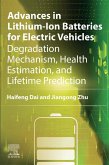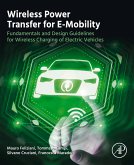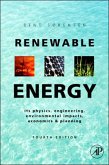Increasing pressure on global reserves of petroleum at a time of growing demand for personal transport in developing countries, together with concerns over atmospheric pollution and carbon dioxide emissions, are leading to a requirement for more sustainable forms of road transport. Major improvements in the efficiency of all types of road vehicles are called for, along with the use of fuels derived from alternative sources, or entirely new fuels.
Towards Sustainable Road Transport first describes the evolution of vehicle designs and propulsion technologies over the past two centuries, before looking forward to possible new forms of energy to substitute for petroleum. The book also discusses the political and socio-economic drivers for change, investigates barriers to their broad implementation, and outlines the state-of-the-art of candidate power sources, advanced vehicle design, and associated infrastructure. The comprehensive technical informationsupplied by an expert author team ensures that
Towards Sustainable Road Transport will provide readers with a clear understanding of the ongoing progress in this field and the challenges still to be faced.
- Drivers of technological change in road transport and the infrastructure requirements
- Discussion of alternative fuels for internal combustion engines and fuel conversion technologies
- Detailed exploration of current and emerging options for vehicle propulsion, with emphasis on hybrid/ battery electric traction, hydrogen, and fuel cells
- Comparative analysis of vehicle design requirements, primary power source efficiency, and energy storage systems
Dieser Download kann aus rechtlichen Gründen nur mit Rechnungsadresse in A, B, BG, CY, CZ, D, DK, EW, E, FIN, F, GR, HR, H, IRL, I, LT, L, LR, M, NL, PL, P, R, S, SLO, SK ausgeliefert werden.

